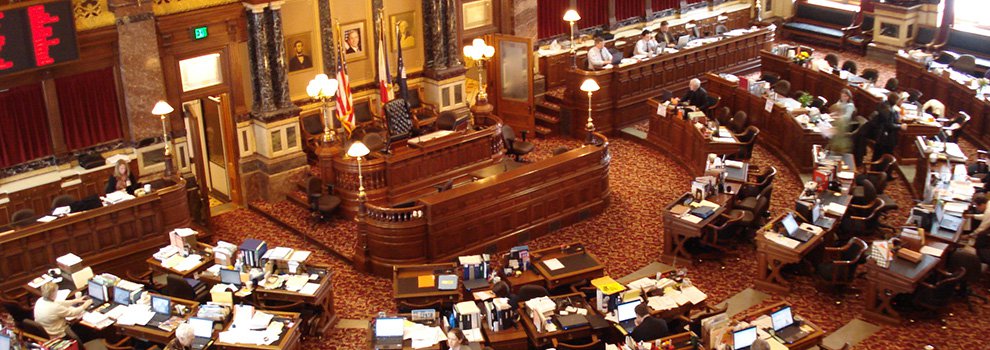Coin Center: State Bank Supervisors Proposal Good for Lawyers, Bad for Consumers and Innovators
The Conference of State Bank Supervisors (CSBS) released its model framework for states to use in designing regulations and made it clear it wants to see state governments take a proactive and rigorous approach to licensing and supervising “virtual currencies” businesses.
The Conference report said:
“…CSBS concluded that activities involving third-party control of virtual currency, including for the purposes of transmitting, exchanging, holding, or otherwise controlling virtual currency, should be subject to state licensure and supervision.”
Coin Center, a Washington based-advocacy group for digital currencies, voiced their objections, saying the conference started out with good intentions but didn’t follow through in this final report.
Peter Van Valkenburgh, Coin Center Director of Research, said:
“Unfortunately, we’ve strong concerns about the vagueness of the language they’ve chosen in this final draft: vagueness that could encumber plenty of innovative but non-custodial companies, whom CSBS likely never intended to be regulated at all.”
Coin Center has taken a balanced approach to regulation in the past, for example, working with and supporting California’s digital currencies regulations.
Van Valkenburgh added:
“We urge any state regulators who are encountering these issues to look for a clearer, more justiciable standard of ‘covered activities’…”
In their report, the bank supervisors call for an iron grip on companies, who must get a license and show state regulators the details of their business plan.
In addition, Coin Center notes, the proposed framework covers too wide a scope and includes businesses that don’t directly hold a customer’s funds.
“Covered activities” in the report include: “Services that facilitate the third-party exchange, storage, and/or transmission of virtual currency (e.g. wallets, vaults, kiosks, merchant-acquirers, and payment processors.)”
The Electronic Frontier Foundation’s Rainey Reitman is currently reviewing the proposal, but notes it is a throwback to a different age:
“At the end of the day, cryptocurrencies are distributed software projects that can be accessed from across the world. They shouldn’t be regulated like brick-and-mortar businesses that serve a specific locality or community.”
The Bank Supervisors justify their proposals by saying:
“Licensing and supervision serve as a mechanism for protecting consumers, ensuring system stability, safeguarding market development, and assisting law enforcement …”
The State Bank Supervisors can make recommendations in a model framework, and despite the fact that the organization carries some weight in the banking community, state governments are not required by law to adopt these proposals.
The post Coin Center: State Bank Supervisors Proposal Good for Lawyers, Bad for Consumers and Innovators appeared first on Bitcoin Magazine.



